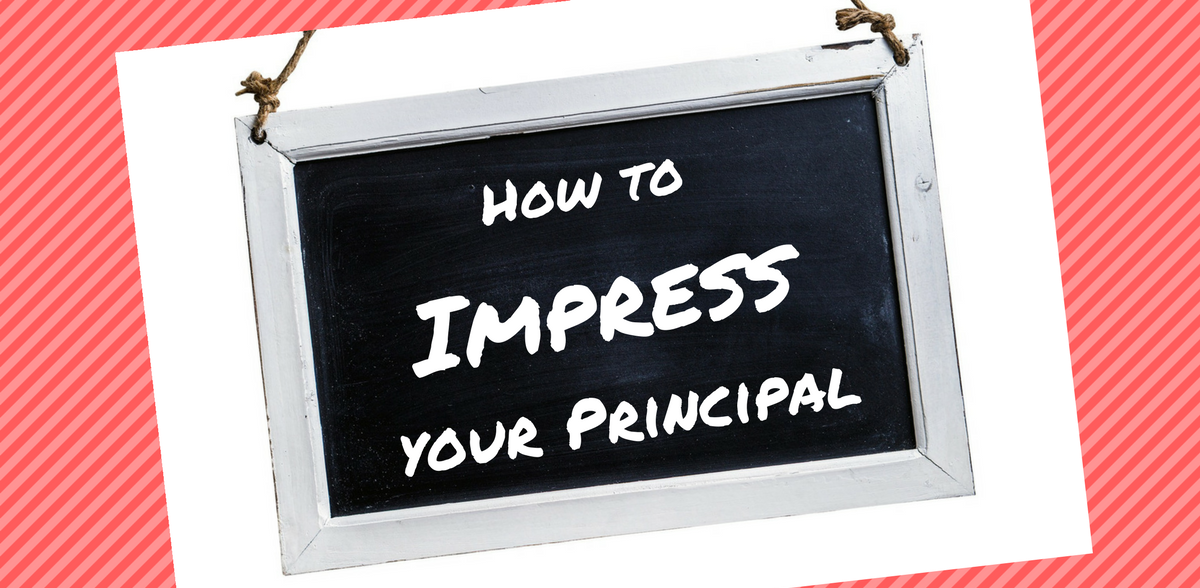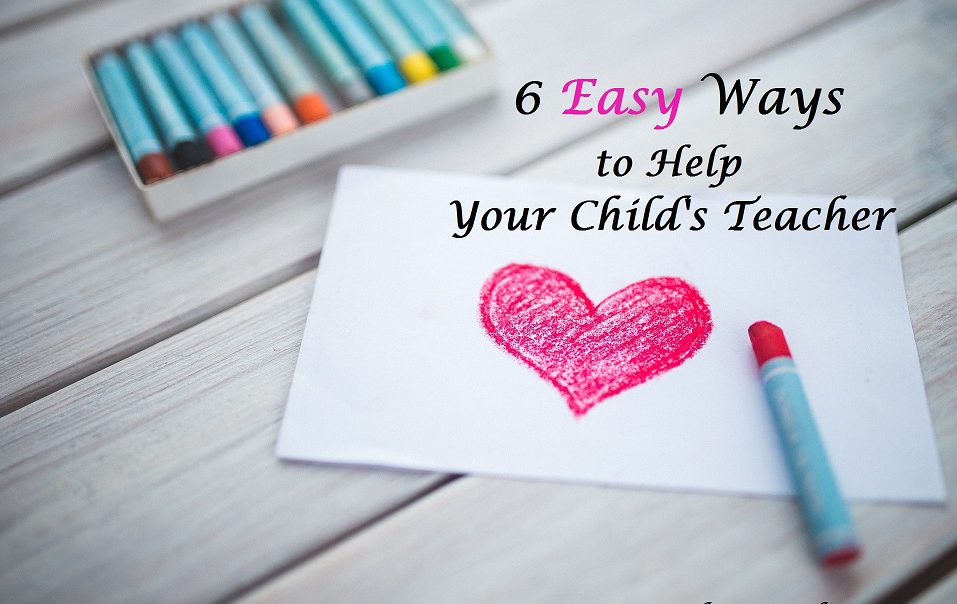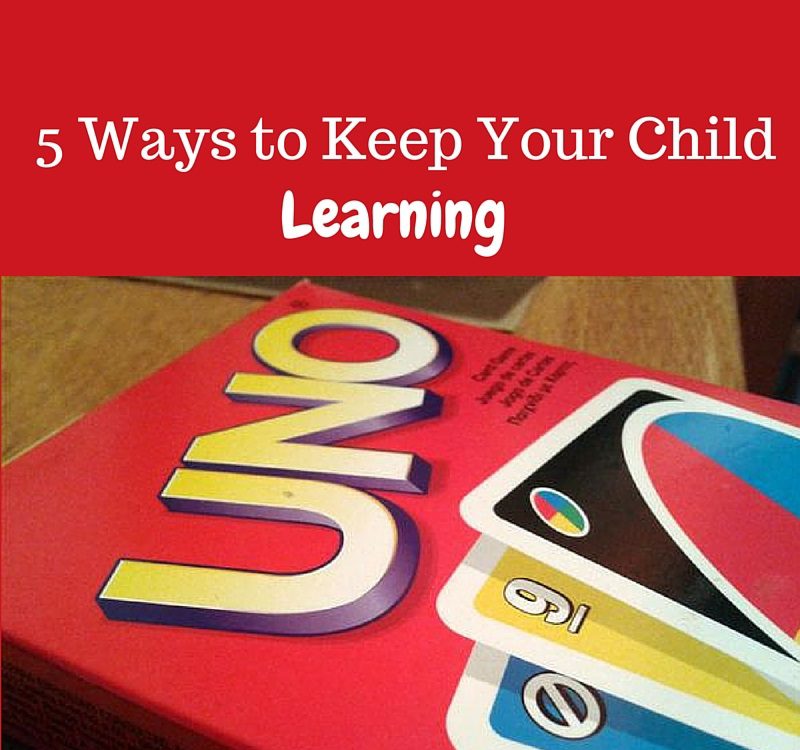by Matt Wenthe, Middle School Principal, Gale-Ettrick-Trempealeau School District
Believe it or not, your new boss was once in your shoes as a new teacher when he or she began in education. And principals can still relate to feeling overwhelmed – trust me. Like a good coach, principals really want their rookies to do well and will hopefully give them the resources and advice to develop their talents.
But what are the best ways to make a great impression during the first year? As a principal, I have seen some common elements from new teachers that go on to become master teachers.
Kindness Counts
If you are on a blind date, and your date showers you with compliments but is rude to the waiter, there should be plenty of red flags. Likewise, kindness counts as a teacher and principals often know more than just how you may treat them. Everyone on staff is part of a team and should be treated as equal colleagues – the custodian, the secretary, the teacher assistants, everyone.
Show your appreciation. A note, a quick email, or a thank you go a long way. Let your colleagues know that you value their contribution to your students’ success.
Be visible in the halls and greet students by name as they enter your room. Maintain discipline, but always make sure your students know that you care about them. Maya Angelou once said, “I’ve learned that people will forget what you said, people will forget what you did, but people will never forget how you made them feel.”
Other people’s perceptions often filter their way back to the principal.
Attend Functions
It was once expected that teachers were at the majority of extra-curricular events, however, this has become less and less the norm. So when new teachers are at events, principals take note. Sometimes you can also make a little extra money working the game clock or chaperoning an event. Regardless, the kids and parents (and principals) notice that you care.
Display Great Work
When principals walk through the halls or pass through classrooms, they will note what is displayed. This is not only a great way to help promote students taking pride in their work, but also an easy way to do some great PR for your class.
Take pictures and share them with your principal for the school newsletter or web site. Frequently in education, we are too humble or modest and don’t do enough to showcase the great things taking place. Principals are always looking for good material to share with the school board and community. When you give examples, people take note.
Call Parents
There are times when email is fine, especially when you want to convey information. But when it involves emotion, a phone call is often a more effective tool for communication. This way you can have back and forth dialogue and can better communicate without emotional misperceptions.
Don’t just make the bad calls either. Parents love to hear they have raised a kid who does good things sometimes too.
And don’t be afraid to ask the parents’ advice on how a discipline problem can be addressed. Generally, parents will want to work with you and may have some insights that you may not have thought of.
Ask Questions
You are new – it’s no secret. No reasonable person expects flawlessness during your first year. Don’t be afraid to admit you don’t know something or would like to talk through a problem. As a principal, I am more concerned about the rookie teachers who act like they know it all and put up a façade of perfection.
With that said . . .
Remember that if it is important today, it will be important tomorrow.
Not every problem needs to be dealt with immediately. Take some time to process before you act.
For example, don’t respond to an upsetting email or a rude colleague’s comment when you are emotional. You can write when you are passionate, but don’t hit “send” until you have had time to process and be introspective about the big picture. And then remember the earlier advice about email being a good tool for information, but not so much for emotion.
Visit Other Rooms
You’re always going to feel busy, but giving up a prep period once or twice to become a better teacher will save you a ton of work in the long run. Ask principals what fellow teachers they would recommend to watch for ideas on some aspect you would like to improve upon (e.g. question and discussion techniques, pacing, managing classroom procedures). This shows a commitment to achieving excellence.
Know that You are Now a Professional
This isn’t just an hourly J-O-B like you may have had in the past. This isn’t an unpaid internship (a.k.a. student teaching). You are now in a career that is one of the most influential in the lives of others. And exceptional professionals in any career know that their work is not an 8:00-4:00 commitment. If you want to be more than average, if you want to impress, you need to know that there is no substitute for hard work. Principals know who puts in the time to make their classes great.
Matt Wenthe is the Middle School Principal at Gale-Ettrick-Trempealeau School District in Wisconsin. He also serves as District Assessment Coordinator, Gifted and Talented Education Coordinator and
Summer School Director.







